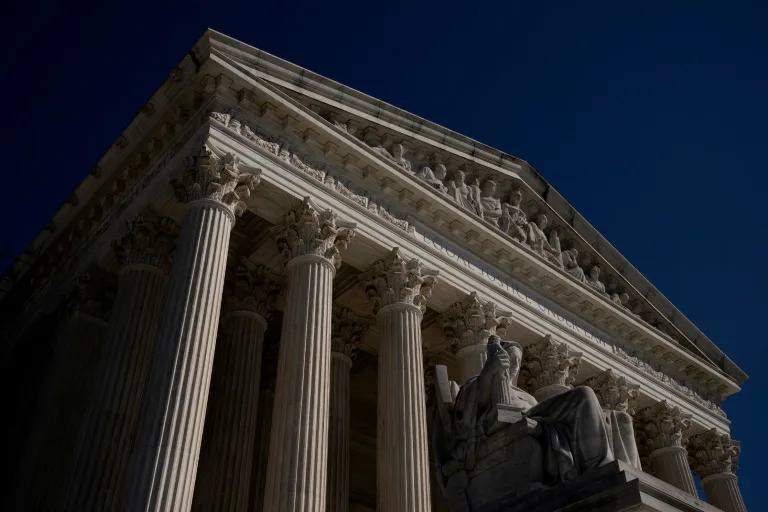The U.S. Supreme Court on Tuesday examines the case of a Christian mail carrier who refuses to work on Sundays, in a case that could expand the weight of religious beliefs in the labor sphere.
The high court, highly sensitive to religious liberties since the addition of conservative judges appointed by former Republican President Donald Trump, will hear arguments from the parties and must issue its decision by June 30.
Gerald Groff, an evangelical Christian, began working for the U.S. Postal Service (UPS) in 2012. As a result of a contract between UPS and Amazon, the office where he worked had to open on Sundays to process packages from the delivery giant.
Groff asked not to work on the seventh day of the week on the grounds of his religious convictions. His employer tried to accommodate him by transferring him to a smaller office.
But, in 2017, that office also began distributing Amazon packages. His boss tried to get other workers to secure Sunday dispatches, but he didn’t always succeed, and Groff ended up being disciplined for abandoning his post.
In 2019 he resigned and filed a lawsuit against UPS for religious discrimination. After losing at first instance and on appeal, he appealed to the Supreme Court.
By agreeing to take the case, the high court, which dismisses 80% of the appeals that come before it, implied that it was not satisfied with previous rulings.
According to experts, the Supreme Court, on which six of its nine justices are conservative, could use this debate to review its jurisprudence on religion in the workplace.
A 1964 federal law, amended in 1972, prohibits religious discrimination in the workplace and requires employers to seek to accommodate the beliefs of their employees, as long as it does not pose an “undue burden” on their operations.
In 1977, in a ruling concerning an airline employee who did not want to work on Saturday, the Supreme Court ruled that the provisions provided by the law should not “impose more than a minimal cost” on employers.
The ruling was sharply criticized by religious liberties advocates, for whom the bar is too low.
Harvard law professor Joshua McDaniel wrote that, as it stands, the law “allows businesses to avoid accommodating religious practices in most cases.”
In asking the Supreme Court to review the issue, Groff said the existing standard amounted to “outrageous error.”
However, in a separate filing, the AFL-CIO, the leading U.S. labor confederation, urged the court to consider the “burden” imposed by a colleague’s religious accommodations not only on the employer, but on all other workers.

